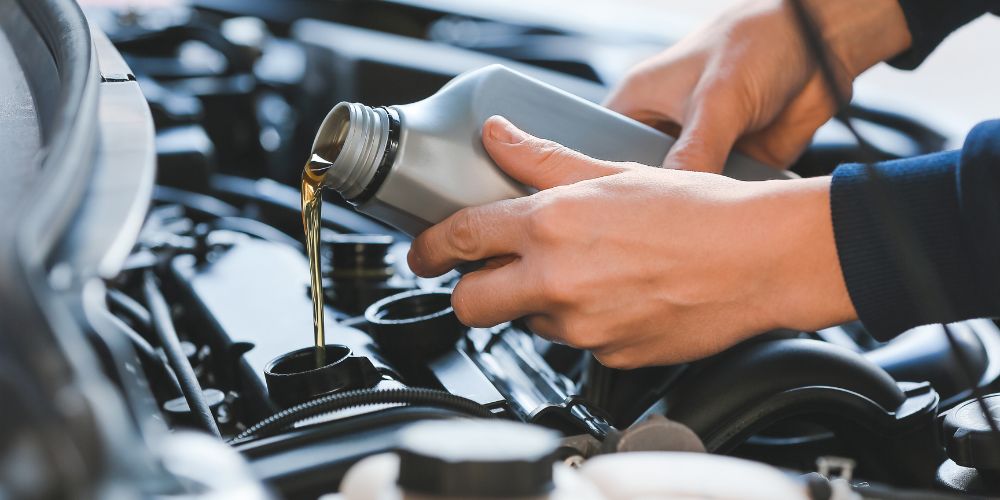In the realm of car maintenance, minor services play a vital role in keeping your vehicle running smoothly and efficiently. While major repairs and overhauls often steal the spotlight, it’s the routine attention to detail provided by minor services that can prevent larger issues from arising down the road.
Whether you’re a seasoned car owner or a novice, understanding the basics of minor car services is essential for maintaining the health and longevity of your vehicle.
What is a Minor Car Service?
A minor car service, also known as an interim service or oil service, is a regular maintenance checkup performed on a vehicle to ensure its optimal functioning between major services. Unlike major services, which involve more extensive inspections and replacements, minor services focus on routine tasks that help prevent wear and tear and keep the vehicle in good condition.
Components of a Minor Car Service
- Oil Change: One of the primary tasks in a minor service is changing the engine oil. Fresh oil lubricates the engine’s moving parts, reduces friction, and helps dissipate heat, thereby prolonging the engine’s life.
- Oil Filter Replacement: Along with changing the oil, the oil filter is typically replaced during a minor service. The oil filter traps contaminants and impurities, preventing them from circulating through the engine and causing damage.
- Fluid Checks: Fluid levels, including coolant, brake fluid, power steering fluid, and windshield washer fluid, are inspected and topped up as needed. Proper fluid levels are crucial for the optimal performance of various vehicle systems.
- Tire Inspection: The condition of the tires is assessed during a minor service. This includes checking tire pressure, tread depth, and overall tire condition. Properly inflated tires with adequate tread ensure safety and fuel efficiency.
- Brake Inspection: The brakes are examined to ensure they are in good working condition. This may involve checking brake pad thickness, inspecting brake discs or drums for wear, and examining brake fluid levels.
- Battery Check: The battery is inspected to ensure it is securely mounted and free of corrosion. A load test may be performed to assess the battery’s health and charging capacity.
- Lights and Signals: All exterior lights and signals, including headlights, taillights, brake lights, and turn signals, are checked to ensure they are functioning properly. Faulty lights can compromise safety and lead to citations.
- Wiper Blade Inspection: Wiper blades are inspected for wear and tear and replaced if necessary. Clear visibility through the windshield is essential for safe driving, especially in adverse weather conditions.
Importance of Minor Car Services
Regular minor car services offer several benefits:
- Preventive Maintenance: By addressing minor issues before they escalate, regular servicing helps prevent more significant and costly repairs in the future.
- Safety: Ensuring that essential components such as brakes, tires, and lights are in good condition enhances the safety of the vehicle for both the driver and passengers.
- Optimal Performance: Properly maintained vehicles tend to perform better, delivering smoother rides, better fuel efficiency, and overall improved driving experience.
- Longevity: Routine servicing helps extend the lifespan of your vehicle, reducing the likelihood of premature breakdowns and the need for early replacements.
Frequency of Minor Car Services
The frequency of minor car services varies depending on factors such as vehicle make and model, driving habits, and manufacturer recommendations. As a general rule of thumb, minor services are typically performed every 6,000 to 10,000 miles or every six to twelve months, whichever comes first. However, it’s essential to consult your vehicle’s owner’s manual or a qualified mechanic for specific recommendations tailored to your car’s needs.
Conclusion
In the realm of car maintenance, minor services are the unsung heroes that keep vehicles running smoothly and efficiently. By addressing routine tasks such as oil changes, fluid checks, and tire inspections, minor services help prevent larger issues and ensure the safety, performance, and longevity of your vehicle. Making minor services a regular part of your car maintenance routine is a small investment that pays significant dividends in the long run.



